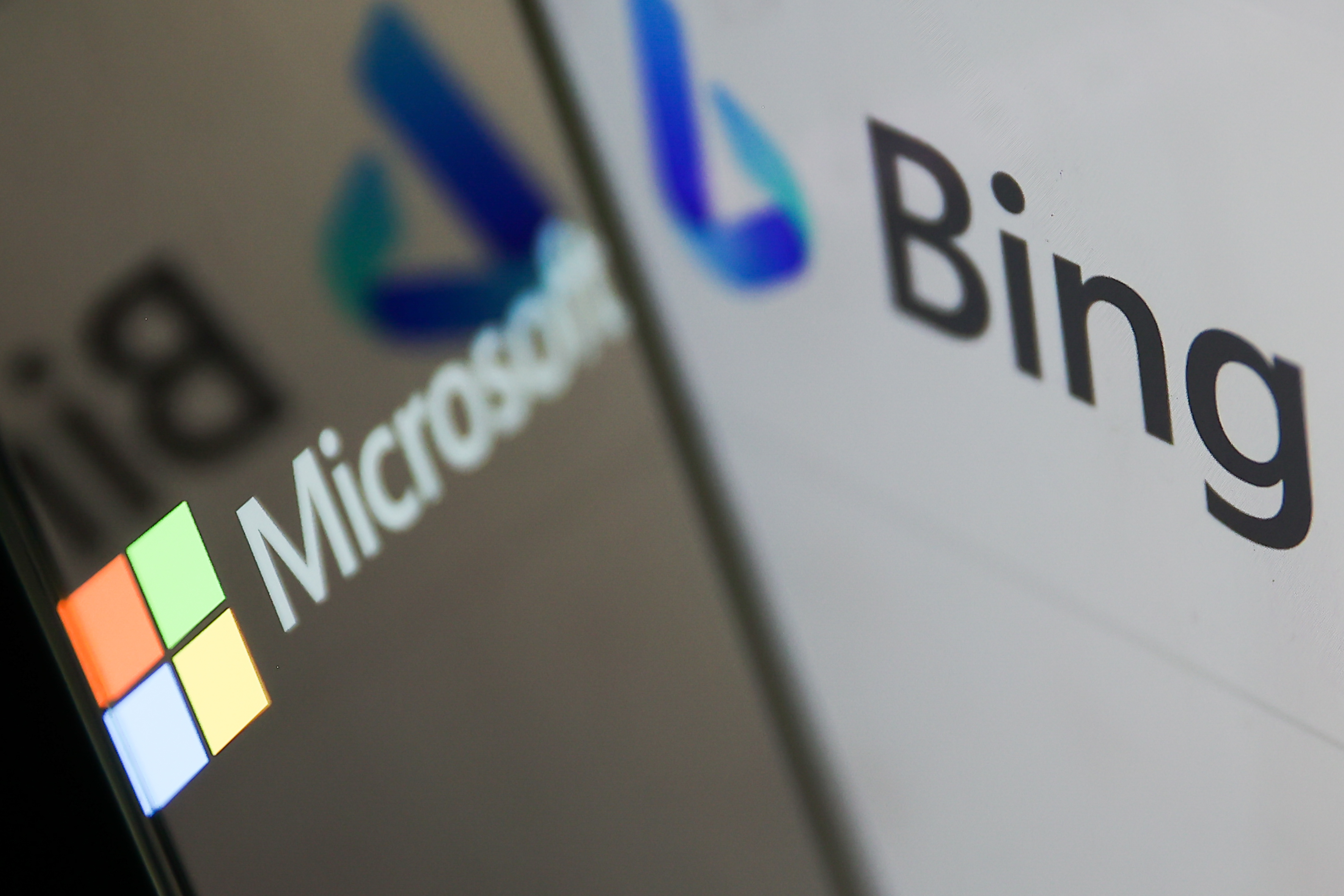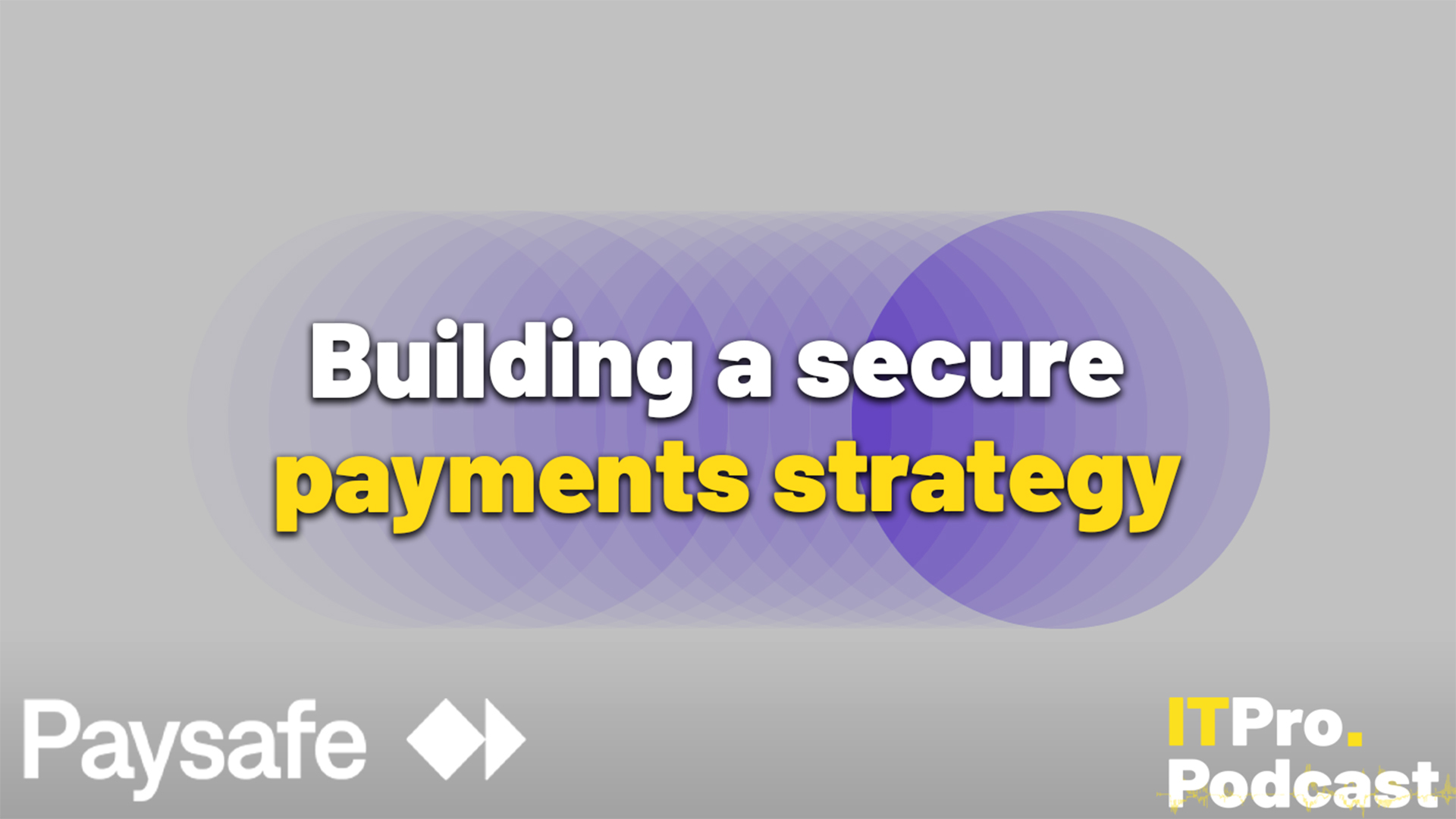New Bing AI bug bounty program offers rewards of up to $15,000
The Bing AI bug bounty aims to catch flaws that would let attackers alter the behavior of the chatbot


Microsoft has announced a new Bing AI bug bounty program for vulnerabilities affecting its services, with lucrative rewards for those who submit concise reports to help secure the product.
Reproducible vulnerabilities that carry a rating of “important” or “critical” will be considered for rewards ranging from $2,000 to $15,000, Microsoft said.
Examples of vulnerabilities that would be eligible for reward include the use of prompt engineering to make Bing chat reveal confidential information contained in its model weights, bypassing Bing chat’s restrictions relating to behavior or session length, and accessing chat history.
Reports considered of high quality that cover critical vulnerabilities in inference manipulation, model manipulation, or inferential information disclosure carry the top reward.
Any AI-powered Bing integration within Microsoft Edge, on the website bing.com (regardless of browser), within the Microsoft start menu, or on the Skype app will fall under the remit of the program.
The expansion of the scheme to cover Bing AI services comes amid a push to clamp down on malicious attempts to alter the workings or outputs of the Bing AI assistant.
Microsoft’s AI-powered Bing services form the backbone of its Copilot AI productivity offerings, combining OpenAI’s GPT-4 with Microsoft’s proprietary foundation models for integrated generative AI experiences.
Sign up today and you will receive a free copy of our Future Focus 2025 report - the leading guidance on AI, cybersecurity and other IT challenges as per 700+ senior executives
Vulnerabilities in the tool could be used to expose highly sensitive information, or attackers could undo guardrails put in place to keep Bing AI from the kind of vivid hallucinations the system was reportedly prone to in February 2023.
The use of distributed denial of service (DDoS) attacks, automated tools that drive up traffic, or attempts to use Bing chat to perform phishing against any individual are not valid uses of the service, under the terms of the program.
Bug bounty benefits
Bug bounty programs are a common way for firms to find and address security issues that carry the potential to be actively exploited in the wild. Ethical hackers are permitted to exploit these vulnerabilities in a limited fashion, to produce detailed reports on vulnerability attack chains that can inform mitigation efforts.
Microsoft runs a series of bug bounty programs for products and services including Microsoft Teams, Azure, and Microsoft 365. Reward amounts vary by service and the risk posed by the vulnerabilities reported.
RELATED RESOURCE

Maximize the protection from your SIEM solution.
DOWNLOAD NOW
For example, white hat hackers who deliver high-quality reports on critical Microsoft Identity vulnerabilities that involve elevation of privilege issues through multi-factor authentication (MFA) bypass can net $100,000.
Submissions that pose defense techniques that would strengthen Windows against exploits that currently bypass its security mitigations are eligible for up to $200,000. For some programs, Microsoft reserves the right to pay users more than the maximum stated amount at its own discretion.
Many other firms run bug bounty programs, with OpenAI offering up to $20,000 for “exceptional” vulnerability finds and Google having awarded a record-breaking $605,000 to a researcher known as ‘gzobqq’ for finding a single Android OS flaw in February 2023.

Rory Bathgate is Features and Multimedia Editor at ITPro, overseeing all in-depth content and case studies. He can also be found co-hosting the ITPro Podcast with Jane McCallion, swapping a keyboard for a microphone to discuss the latest learnings with thought leaders from across the tech sector.
In his free time, Rory enjoys photography, video editing, and good science fiction. After graduating from the University of Kent with a BA in English and American Literature, Rory undertook an MA in Eighteenth-Century Studies at King’s College London. He joined ITPro in 2022 as a graduate, following four years in student journalism. You can contact Rory at rory.bathgate@futurenet.com or on LinkedIn.
-
 Generative AI attacks are accelerating at an alarming rate
Generative AI attacks are accelerating at an alarming rateNews Two new reports from Gartner highlight the new AI-related pressures companies face, and the tools they are using to counter them
-
 Microsoft patched a critical vulnerability in its NLWeb AI search tool – but there's no CVE (yet)
Microsoft patched a critical vulnerability in its NLWeb AI search tool – but there's no CVE (yet)News Researchers found an unauthenticated path traversal bug in the tool debuted at Microsoft Build in May
-
 Despite the hype, cybersecurity teams are still taking a cautious approach to using AI tools
Despite the hype, cybersecurity teams are still taking a cautious approach to using AI toolsNews Research from ISC2 shows the appetite for AI tools in cybersecurity is growing, but professionals are taking a far more cautious approach than other industries.
-
 Cyber professionals call for a 'strategic pause' on AI adoption as teams left scrambling to secure tools
Cyber professionals call for a 'strategic pause' on AI adoption as teams left scrambling to secure toolsNews Security professionals are scrambling to secure generative AI tools
-
 ‘We are now a full-fledged powerhouse’: Two years on from its Series B round, Hack the Box targets further growth with AI-powered cyber training programs and new market opportunities
‘We are now a full-fledged powerhouse’: Two years on from its Series B round, Hack the Box targets further growth with AI-powered cyber training programs and new market opportunitiesNews Hack the Box has grown significantly in the last two years, and it shows no signs of slowing down
-
 Foreign AI model launches may have improved trust in US AI developers, says Mandiant CTO – as he warns Chinese cyber attacks are at an “unprecedented level”
Foreign AI model launches may have improved trust in US AI developers, says Mandiant CTO – as he warns Chinese cyber attacks are at an “unprecedented level”News Concerns about enterprise AI deployments have faded due to greater understanding of the technology and negative examples in the international community, according to Mandiant CTO Charles Carmakal.
-
 Security experts issue warning over the rise of 'gray bot' AI web scrapers
Security experts issue warning over the rise of 'gray bot' AI web scrapersNews While not malicious, the bots can overwhelm web applications in a way similar to bad actors
-
 Hackers are using a new AI chatbot to wage cyber attacks: GhostGPT lets users write malicious code, create malware, and curate phishing emails – and it costs just $50 to use
Hackers are using a new AI chatbot to wage cyber attacks: GhostGPT lets users write malicious code, create malware, and curate phishing emails – and it costs just $50 to useNews Researchers at Abnormal Security have warned about the rise of GhostGPT, a new chatbot used by cyber criminals to create malicious code and malware.


